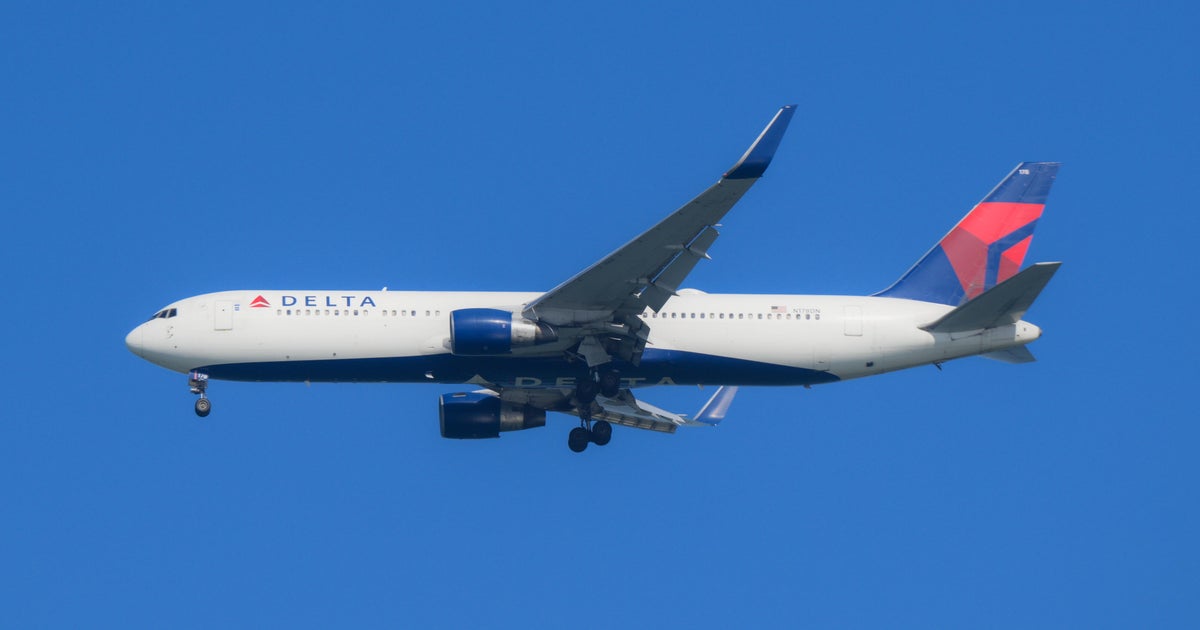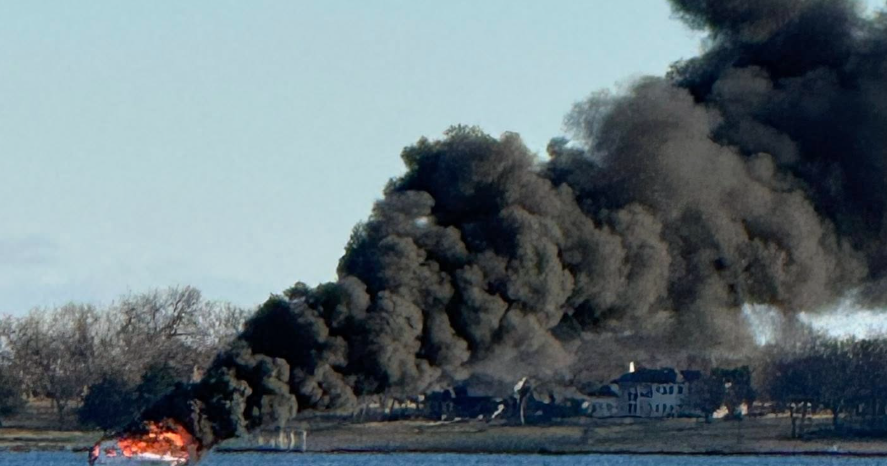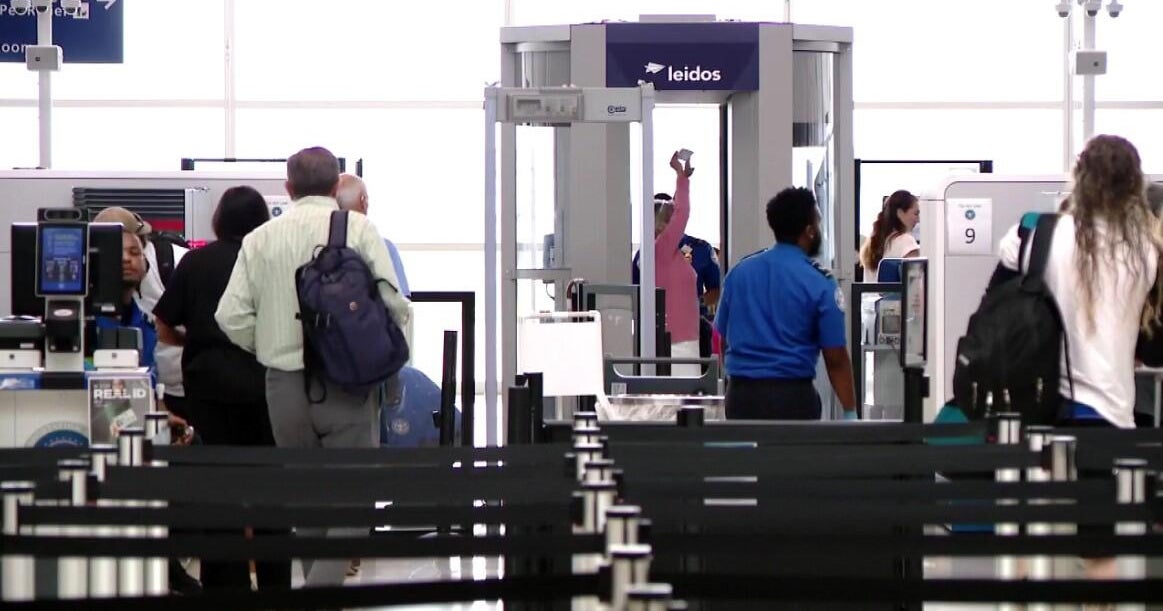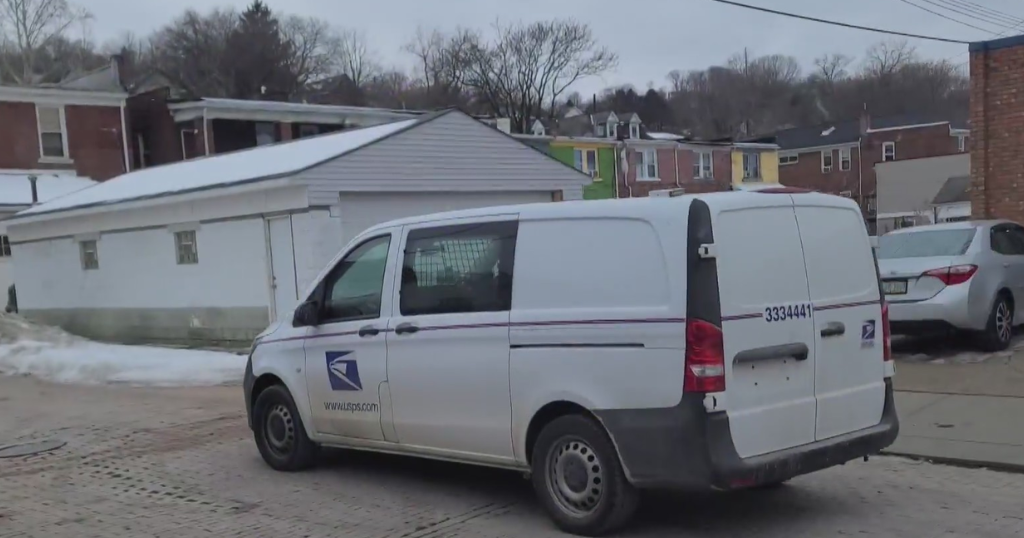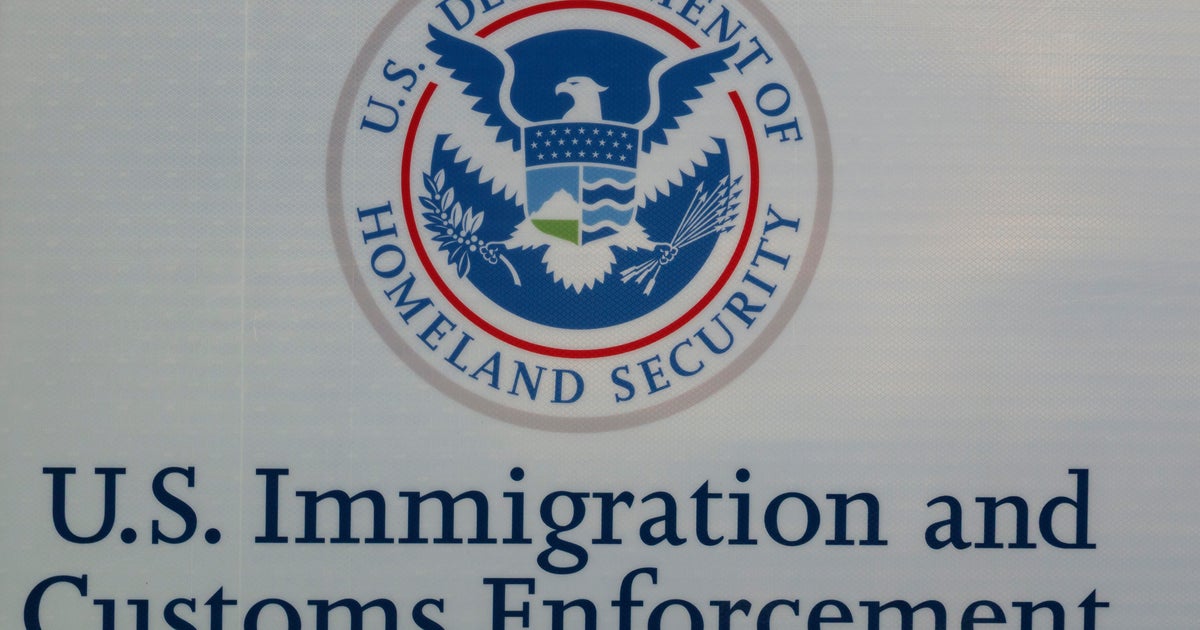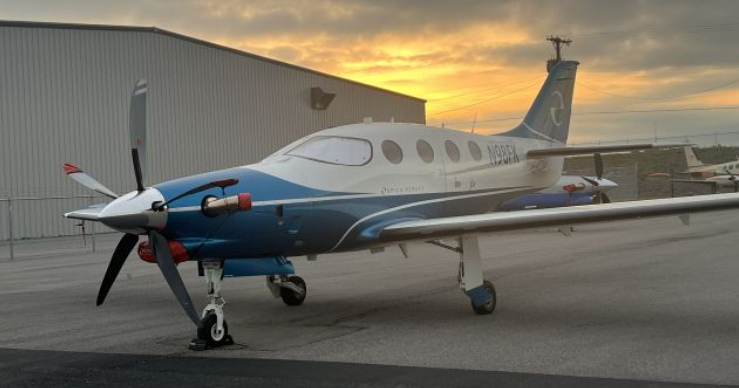9/11/2011: Where Are The Threats?
BOSTON (CBS) - Sunday will mark the ten year anniversary of the 9/11 terrorist attack on this country. Since then simply catching a flight, a train or a boat has become far more challenging.
But are we safer? And at what cost?
Chief Correspondent Joe Shortsleeve went in search of answers.
At Logan Airport ask a traveler "how has your opinion of air travel changed over the past ten years?" and chances are you will get an answer something like this.
Watch Joe Shortsleeve's report
"It has become far more difficult. It is a real hassle."
Another traveler put it more politely.
"Well we have longer lines than prior to September 11th 2001 but I think people are willing to put up with it to have greater safety. I don't see too many people complaining."
No you may not. But at Logan Airport where the terrorist attacks were launched, air travel can now be intense and exhausting.
As this woman put it... "It is a pain in the neck now for little accomplished in safety."
However, ten years later a lot has changed.
Billions of dollars have been spent on security, thousands of employees have been hired.
But are we really any safer today than we were on that fateful day?
George Naccara is the Federal Security Director at Logan. While standing in the middle of the recently built Terminal "A" he says "every aspect.... from the (concrete and steel) bollards out front... the doors...the glass…the people involved. Everyone is engaged. We are sharing information. We are sharing intelligence. All of the aspects of security have been improved here at Logan."
It is true. Every passenger and every bag is now subject to the latest screening technology.
And agents are trained to question travelers in order to spot the next terrorist.
Congressman Ed Markey who sits on the Homeland Security Committee agrees domestic air travel is much safer today but he worries about other serious threats. Specifically he worries about cargo coming into this country on international flights and ships which is still not being screened.
Chief Correspondent Joe Shortsleeve recently talked at length with him on the shores of Boston Harbor.
Markey calmly offered this.
"If Al Qaeda could obtain a nuclear weapon overseas and put it on a ship heading to the United States, they could detonate it on the ship in the port of Boston or New York or any other city in America."
While walking and pointing at the city sky line Markey adds "we know Al Qaeda would strike at us this way if they could."
Markey says much more needs to be done to protect against attacks on LNG tankers as well as the nation's electric grid system.
Globe columnist and National Security Expert Juliette Kayyem says the death of Osama Bin Laden helped make the world safer in some ways.
"We are safer because we have disrupted the organized Al Qaeda" but she quickly adds this fact also raises the risk that radical followers could act as a "lone wolf".
"It is a loose knit conglomeration of men who have allegiance to Al Qaeda but have never met Bin Laden. Now they are dispersed throughout the world. They are in Western Europe. They may even be in America. So (the threat) has changed."
Here in Boston, ten years later the airport and the region are better prepared. As one expert put it…we have grown up and we can not let our guard down.
While long delays for air travelers are common place since 9/11, WBZ has learned a new program will soon be in place which will allow many frequent fliers to by-pass certain security requirements.
